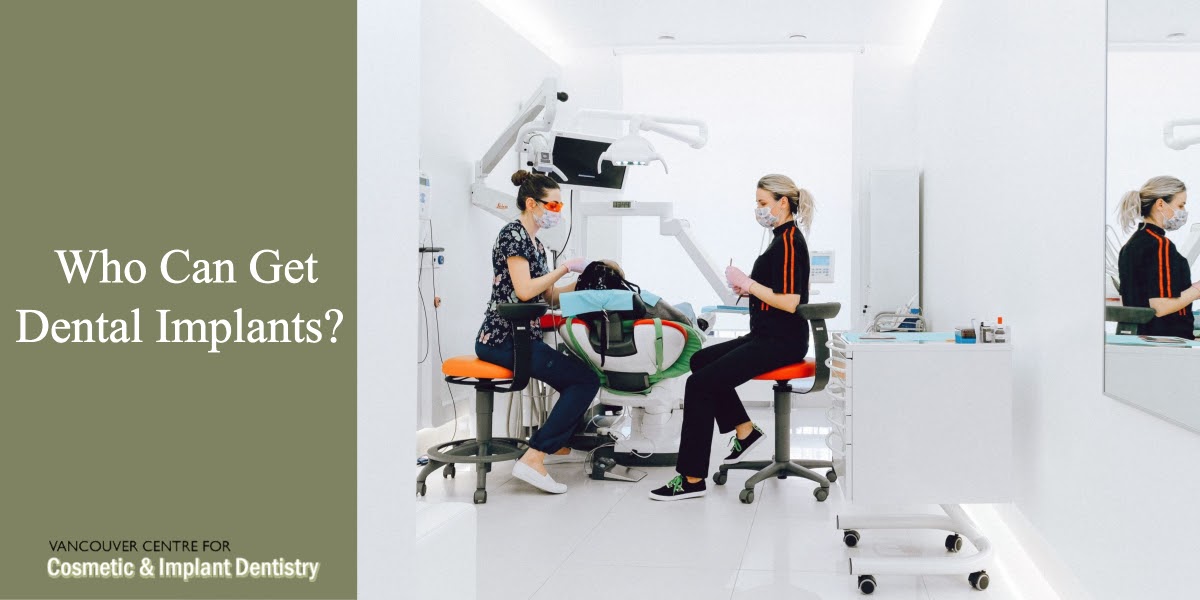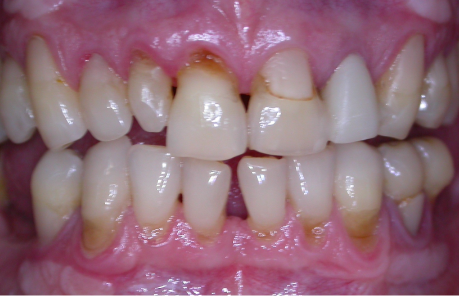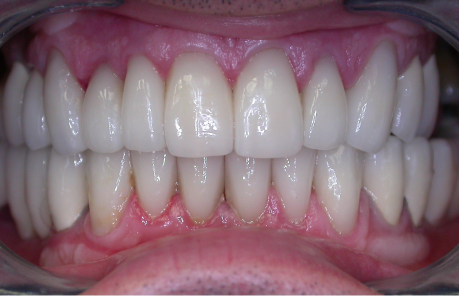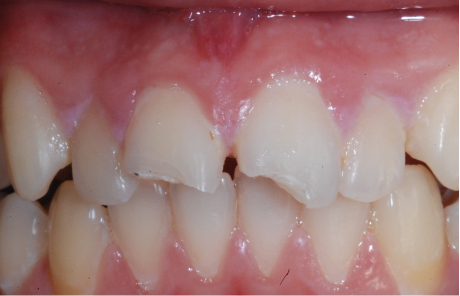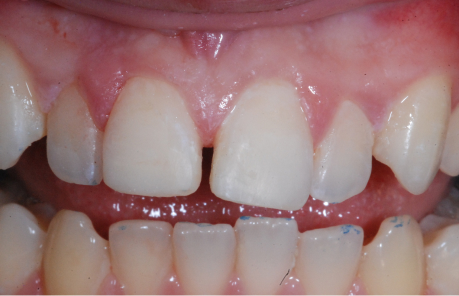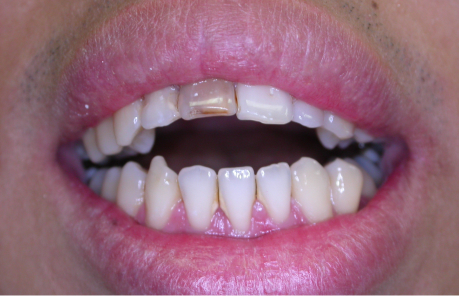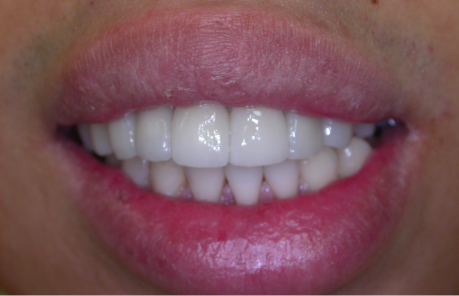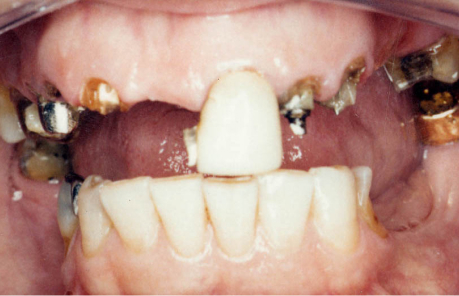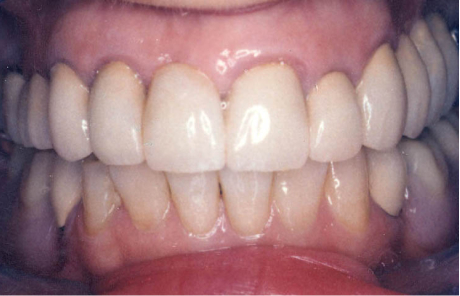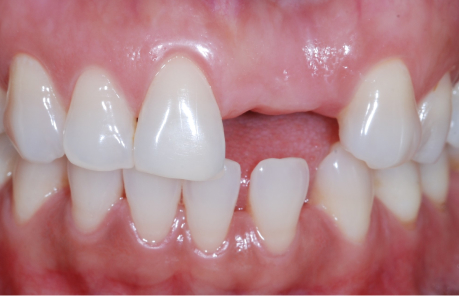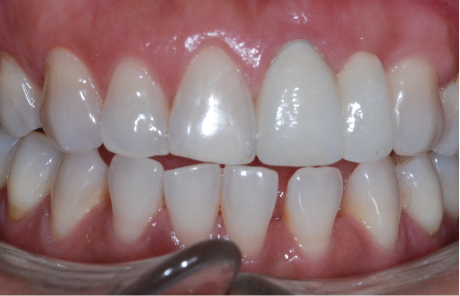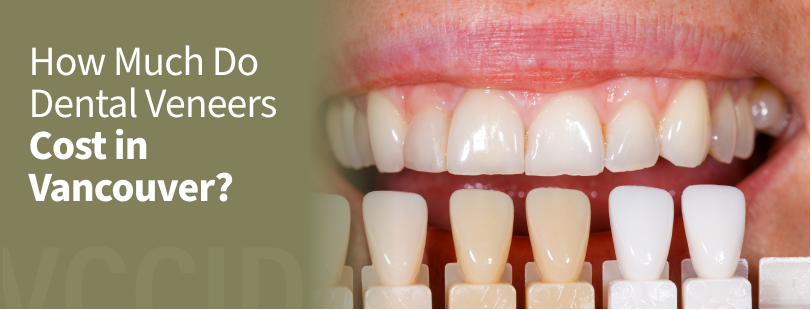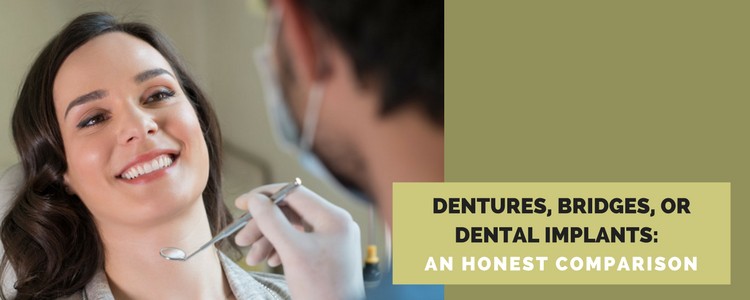If you suffer from tooth loss, dental implants may be an excellent option to consider when it comes to tooth replacement. Although everyone’s situation is unique and different, most patients that are missing teeth are eligible for dental implants. Patients that have an underlying illness or have had previous oral infections may have a higher risk for implant failure. However, with an experienced dentist and the right treatment plan, dental implants are a viable option for most patients who are missing teeth.
Ideal Dental Implant Candidates
Permanent Tooth Replacement
The ideal candidate for dental implants is someone who is looking for a permanent form of tooth replacement. Dental implants are the closest thing to natural teeth. These titanium dental prosthetics extend into the jaw to act as a tooth root. An abutment is made that screws into and on top of the implant. This abutment sticks above the gum tissue providing a foundation on which a dental crown is placed, blending in with your natural teeth.
Most patients missing one or more teeth are eligible for dental implants. Dental implants can last for 15-20 years when they are properly cared for and often last even longer. The longest-lasting implants we have seen at VCCID were 45 years and they were still functioning very well. They are the longest-lasting form of tooth replacement and are excellent for those looking for a long term solution to tooth loss. Dental implants have a success rate of 98% and they are the ideal choice for most patients.
Good Oral Health
Patients who are already in good health are ideal candidates for dental implants. It is best to be in good health before implant surgery and it is a good idea to let your dentist know if you have had any prior oral infections. In most cases, implants can be placed after recovery from even severe abscesses or injury, however, there is a higher risk of implant failure when serious infections have occurred in the past. In a consultation, your dentist will carefully assess the state of your oral health and if there are problems such as periodontal disease or chronic infection, those problems will need to be addressed and treated before your dental implants can be placed.
Timing
The ideal patient is one that has only been missing teeth for a short amount of time. This is because, the longer you go with missing teeth, the more likely it is that you will experience bone loss in your jaw. It’s best to arrange for dental implant surgery soon after you experience tooth loss if you feel it is the right solution for you.
Patients that wait over 6 months after tooth loss have a higher chance of jaw bone loss. It is still possible to get dental implants when this happens, however, bone grafting may be required before the implants can be placed.
Timing is also important because when a tooth is missing, your neighbouring teeth can shift out of place, and into the gap where your tooth once was. This can happen within a year of tooth loss. The shifting may be minimal, but it can cause misalignment, gaps between your teeth and it may require braces to shift the teeth back into place before an implant can be installed.
Placing an implant after several years of missing teeth is still completely possible. But it’s best that you plan ahead and allow at least 6 months to address potential bone grafting or additional requirements such as braces.
Dental Implant Limitations
There are some rare cases where an implant is more difficult to place, and at times, they cannot be placed at all. Most patients experience success when they have a good, experienced dentist. However, some patients may have to undergo extra preparation before they are eligible for dental implants.
Past Infection
Patients who have experienced serious oral infections in the past may have a more difficult experience with dental implants. Periodontitis, or gum disease, is one of the most common oral infections that can have serious complications later on if implants are required. Gum disease can cause chronic inflammation in the gums, which makes it risky to place implants. During your consultation, your dentist will determine whether or not your gums and teeth are in good condition. If there are signs of infection, they must be fully treated before implants can be placed.
Be sure to tell your dentist if you have had any serious prior oral infections as well. The cells in your jaw and gums can be damaged from problems such as deep abscesses, and your dentist will need to take extra precautions in order to place your implants.
Jaw Bone Loss
Patients who have gone for several years with missing teeth are at high risk for jaw bone loss. The human body is very efficient and it gets rid of things that are not in use. When you do not have the weight of a tooth sitting within your jaw, the bone cells in that area can diminish. It makes it very difficult to place a new implant when there is insufficient bone mass to support the new prosthetic.
Therefore, many patients require bone grafting and must recover from that procedure before dental implants can be placed. During your consultation, your dentist will take x-rays of your teeth and jaw to determine whether or not you are affected by bone loss. Bone grafting is generally a straightforward procedure and the recovery time is only 2-4 months.
Underlying Medical Conditions
Those with underlying medical conditions and immune system disorders can take longer to recover from dental implant surgery. This does not mean that it is impossible for patients with autoimmune disorders to get dental implants. It simply means that they must be more vigilant with post-treatment care. This is because it can take longer for your jaw bone to merge with the new dental implant. The healing process is simply slower and you should visit your dentist frequently after the operation to ensure everything is healing as it should.
Complete Tooth Loss
Patients that have lost all of their teeth are, in most cases, still good candidates for dental implants. It is completely possible to have a full mouth of dental implants installed. However, there are some alternative options for patients that will have the same benefits. Implant retained bridges are an excellent option for patients in these circumstances. In this case, 4-6 dental implants are installed on both the upper and lower jaw, and bridges are places to act as a full set of teeth. The patient will require fewer implants for faster recovery time and a more cost-effective procedure.
Visit VCCID to Learn More About Dental Implants
Dental implants have a very high success rate and they are the most permanent form of tooth replacement. Most healthy patients are good candidates for this procedure. However, there are some cases where your dentist must take extra precautions in order to promote implant success. Most patients can get dental implants, however, the best way to determine whether or not they are the right choice for you is to visit VCCID for a consultation. Our team will be able to answer any questions you may have about implant placement. Call 604-434-0248 or contact our office. We are conveniently located in Burnaby, Metrotown.
